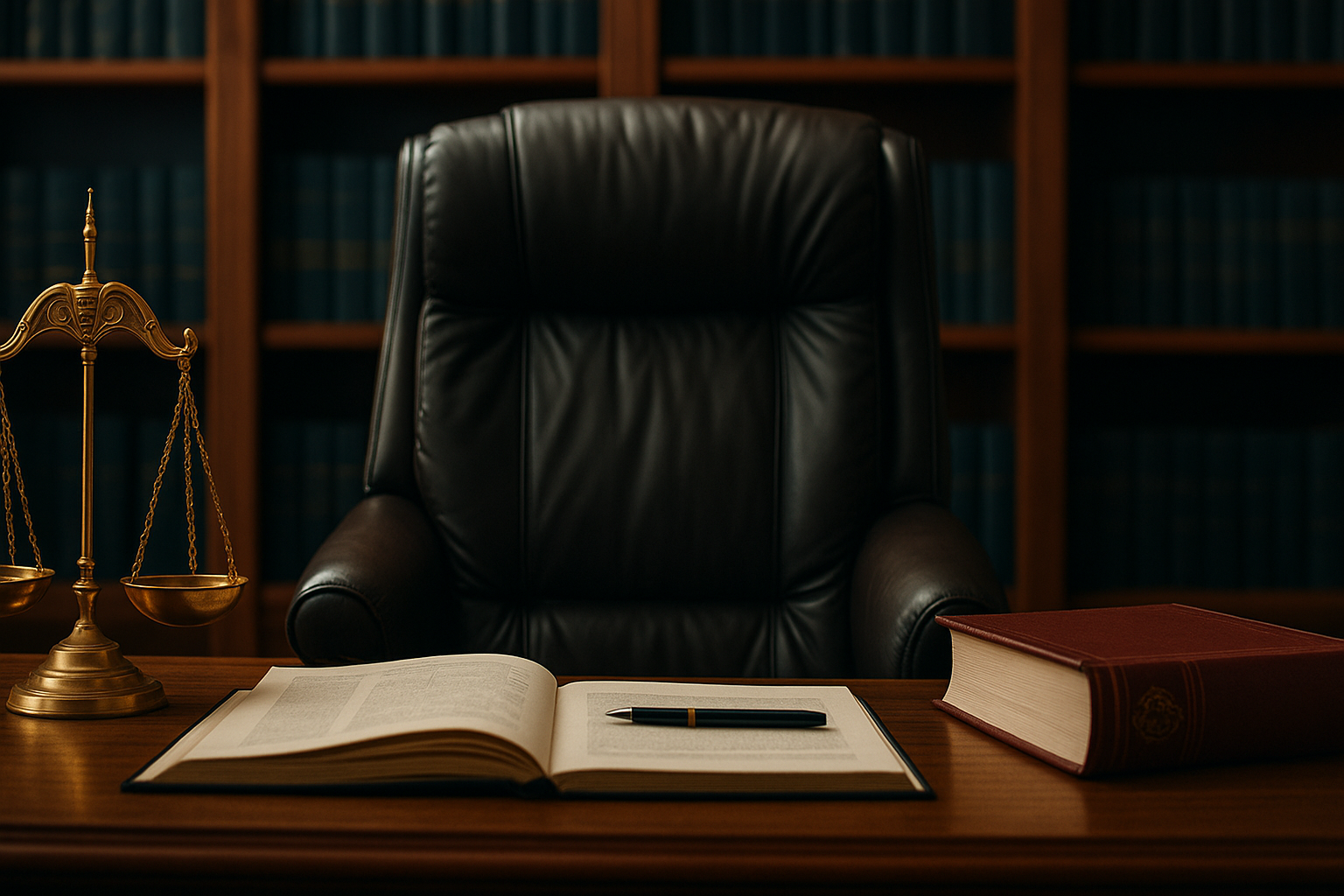



Courts have repeatedly affirmed that investigators cannot summon lawyers over legal advice given to clients. This protection is based on attorney-client privilege, enshrined in Section 132 of the Bharatiya Sakshya Adhiniyam, which deems such communications confidential. The Supreme Court recently reinforced this, stating such summons infringe on advocates' rights.

Copyright infringement not intended
Picture Courtesy: INDIAN EXPRESS
The Supreme Court ruled that investigators cannot summon lawyers for advice given to clients, this upholds the principle of attorney-client privilege.
Attorney-client privilege is a legal concept that protects the confidentiality of communications between a lawyer and their client. This ensures that a client can speak freely and candidly with their legal advisor without the fear that this information will be disclosed or used against them.
Legal Foundation => This is not merely an ethical guideline but a statutory right. It was formerly protected under Section 126 of the Indian Evidence Act, 1872, and is now codified in Section 132 of the Bharatiya Sakshya Adhiniyam (BSA), 2023.
Scope of Protection => Section 132 prevents an advocate from disclosing, at any time, any communication made to them by a client in the course of their professional engagement. This includes advice given by the lawyer and the contents of documents they have reviewed.
The principle is often summarized as "once privileged, always privileged," meaning the confidentiality remains even after the professional relationship has ended.
Exclusive to Legal Professionals => This statutory protection is unique to the legal profession. Other professionals, such as chartered accountants or company secretaries, do not have the same legally mandated privilege for their client communications.
Courts have consistently intervened to prevent investigative agencies from overstepping their bounds by summoning lawyers to question them about legal advice rendered to clients.
Supreme Court's Stance => The Court recently observed that summoning lawyers for advising their clients violates their professional rights and compromise the autonomy of the legal profession.
High Court Rulings
Exceptions to the Privilege =>The protection is not absolute. Section 132 of the BSA outlines specific exceptions where the privilege does not apply:
Source:
|
PRACTICE QUESTION Q. Critically examine the evolution of the collegium system for the appointment and transfer of judges. Do you believe it is the best mechanism to ensure judicial independence, or is it in need of reform? 250 words |




© 2026 iasgyan. All right reserved